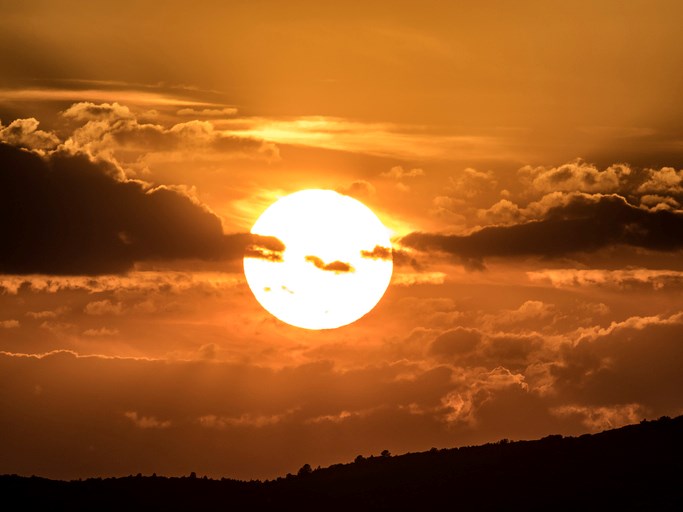Environment Canada has issued heat warnings to eight regions across B.C. as temperatures once again expected to climb amid a “less aggressive” heat wave — this time as high as 38 C.
Heat warnings are in effect for:
1) Caribou South, including Williams Lake, 100 Mile and North Thompson
- Daytime highs are expected to climb to 34 C through Wednesday, with overnight lows near 14 C.
2) Fraser Canyon, South Thompson, South Okanagan (including Penticton), Boundary and West Kootenay
- Daytime highs expected to reach between 35 and 38 C through Wednesday, with overnight lows of 18 C.
Relatively high overnight temperatures increase the potential for heat-related illness, such as heat exhaustion, or in the worst cases, heat stroke. Environment Canada recommends drinking a lot of water and staying in a cool place.
Beyond the rising temperatures, wildfires have led to special air quality statements in 22 regions across B.C. due to smoky skies.
Smoky air makes it harder for a person’s lungs to absorb oxygen; fine particulate matter can travel deep into the lungs and lead to inflammation and irritation. That’s particularly concerning for people with chronic lung illnesses like asthma and chronic obstructive pulmonary disease (COPD).
Poor air quality also poses elevated risks to anyone with heart disease or diabetes, as well as pregnant people, infants and children or older adults.
According to Emergency Management BC (EMBC), exposure to wildfire smoke and the virus that causes COVID-19 can result in both respiratory symptoms, such as a dry cough, sore throat, or difficulty breathing.
EMBC recommends reducing your risk by:
- spending less time outside
- reducing outdoor physical activity
- keeping windows and doors closed
- buying a high-efficiency particulate air (HEPA) filtration system
- seeking respite in an air-conditioned vehicle or in public facilities like shopping malls, community centres, swimming pools or libraries
There are over 300 wildfires currently burning across the province. Of those, the BC Wildfire Service is fighting 23 “wildfires of note,” defined as either highly visible or which pose a threat to public safety.
Stefan Labbé is a solutions journalist. That means he covers how people are responding to problems linked to climate change — from housing to energy and everything in between. Have a story idea? Get in touch. Email [email protected].



